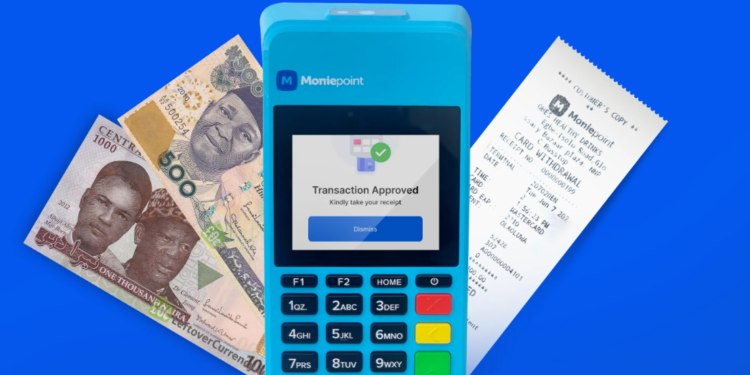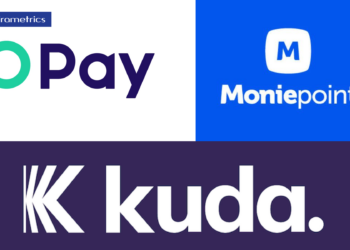Fintech companies including OPay, Moniepoint, and others have started notifying their customers of plans to begin deduction of N50 Electronic Money Transfer Levy (EMTL) from every inflow of N10,000 and above received by their customers starting from September 9
According to the fintech companies, this deduction is in accordance with the Federal Inland Revenue Service (FIRS) directive.
This mandatory deduction brings to an era of free banking services that some of the fintechs provide, even though the charges go to the federal government.
Message to customers
In a short notification to its customers on Saturday, Moniepoint wrote:
“A N50 fee would be charged on inflows you receive of N10,000 and above from Monday, September 9, 2024. Your BRM is available to answer questions you might have.”
On its part, OPay, clarified to its customers that the deduction is for EMTL as directed by the federal government.
“Please be informed that starting September 9th, 2024, a one-time fee of N50 will be applied to electronic transfers of N10,000 and above paid into your personal or business account in compliance with the Federal Inland Revenue Service (FIRS) regulations.
“It is important to note that OPay does not benefit from this charge in any way as it is directed entirely to the Federal Government,” the company wrote.
The EMTL, which until now applied to only commercial banks has now been extended to all fintechs including Palmpay, and Paga, among others.
This extension may not be unconnected with moves by the federal government to shore up its revenue through the expansion of taxes and levies.
What you should know
The Electronic Money Transfer Levy (EMTL) is a one-time charge of N50 on electronic money transfers or receipts in Nigeria. It applies to all electronic transfers of funds in a Nigerian-licensed bank or financial institution, with the following exceptions:
Transfers under N10,000
Money paid into one’s own account
Money transferred electronically between accounts of the same owner within the same bank
The EMTL was introduced in the Finance Act 2020 to encourage the growth of electronic funds transfers in Nigeria. Revenue from the EMTL is shared among the three tiers of government.
Revenue derived from the EMTL is shared among the three tiers of government based on derivation, with the Federal Government receiving 15%, state governments receiving 50% and local governments getting 35%.
In December last year, the FIRS also directed deposit banks to deduct and remit the EMTL on foreign currency (FCY) transactions going forward.
Before that time, N50 charge on transactions from above N10,000 was only applicable to local currency transactions.
The banks in January this year began the deduction of EMTL on old foreign currency transactions covering 2021 to 2023 as directed by the tax regulator.























